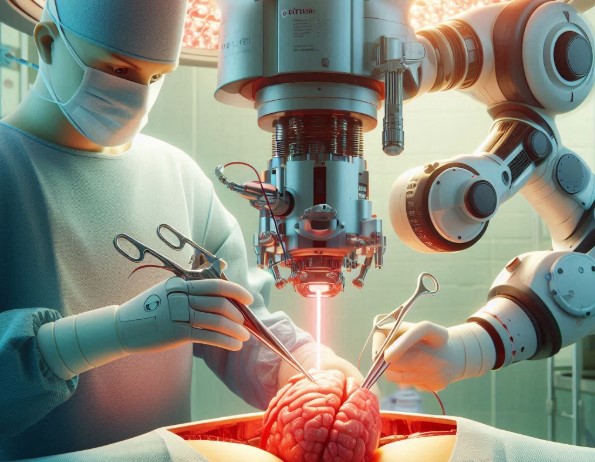The Community of Madrid is increasingly establishing itself as a hotspot for the use of state-of-the-art robot technology in surgery. Last year, an impressive 4,747 procedures were performed in the region’s operating rooms with the help of this innovative method, representing almost one percent of all operations. This development marks a significant advance in medical care, elevating the quality and precision of surgical procedures to a new level.
Precision Through Technology: Da Vinci and Co. in Action
Hospitals in Madrid have invested heavily in integrating surgical robots like the Da Vinci system. These advanced robots enable less invasive, more precise, and more reproducible procedures, as they reduce dependence on the surgeon’s sheer experience and offer unparalleled accuracy. In 2024, the Ministry of Health recorded a total of 479,121 scheduled and emergency operations, of which 4,747 were performed using robot-assisted techniques – a share of 0.99%.
Urology and General Surgery Lead the Way
Especially in Urology and General Surgery, the use of robots has become well-established. With 1,421 and 1,321 operations respectively, these two specialties together accounted for 57.7% of all robot-assisted procedures. This underscores the maturity and confidence in this technology in these specific areas.
Other specialties benefiting from robotic surgery include:
- Orthopedic Surgery and Traumatology: 826 procedures
- Gynecology: 437 procedures
- Thoracic Surgery: 368 procedures
Together, these areas account for 91.1% of all robot-assisted procedures, demonstrating the broad acceptance and successful integration of the technology into Madrid’s healthcare system.
Future Growth: Neurosurgery and Maxillofacial Surgery in Focus
While the use of robotics in areas such as obstetrics (149 operations) and neurosurgery (124 operations) is not yet as widespread, the Ministry of Health predicts significant future growth in neurosurgery and maxillofacial surgery. The transversality of robotic technology is already evident in its application across 12 different clinical specialties within the Madrid Health Service (Sermas), highlighting the potential for further expansion.
Renowned hospitals such as La Paz, 12 de Octubre, La Princesa, Gregorio Marañón, and Ramón y Cajal are pioneers in implementing these advanced procedures. The Infanta Leonor Hospital even performs exclusive robot-assisted operations for knee prosthesis installation.
Milestones in Robotic Surgery in Madrid
The region has achieved remarkable milestones in robotic surgery in recent months. This includes the successful operation of a 10-month-old baby at the 12 de Octubre Hospital, the smallest child in Spain to be operated on with this technology due to urinary circulation disorders. Another four-month-old child was also recently successfully operated on for a kidney obstruction.
Dr. Ricardo Larraínzar, head of the Orthopedic Surgery and Traumatology Service at the Infanta Leonor University Hospital, emphasizes the advantages of robot-assisted methods: “Previously, procedures depended on the surgeon’s experience. Now, with robot-assisted methods, this factor is no longer as crucial, as this system offers higher precision and the machine guides the cuts.” This illustrates the paradigm shift in surgery, where technological precision optimally complements human expertise.




